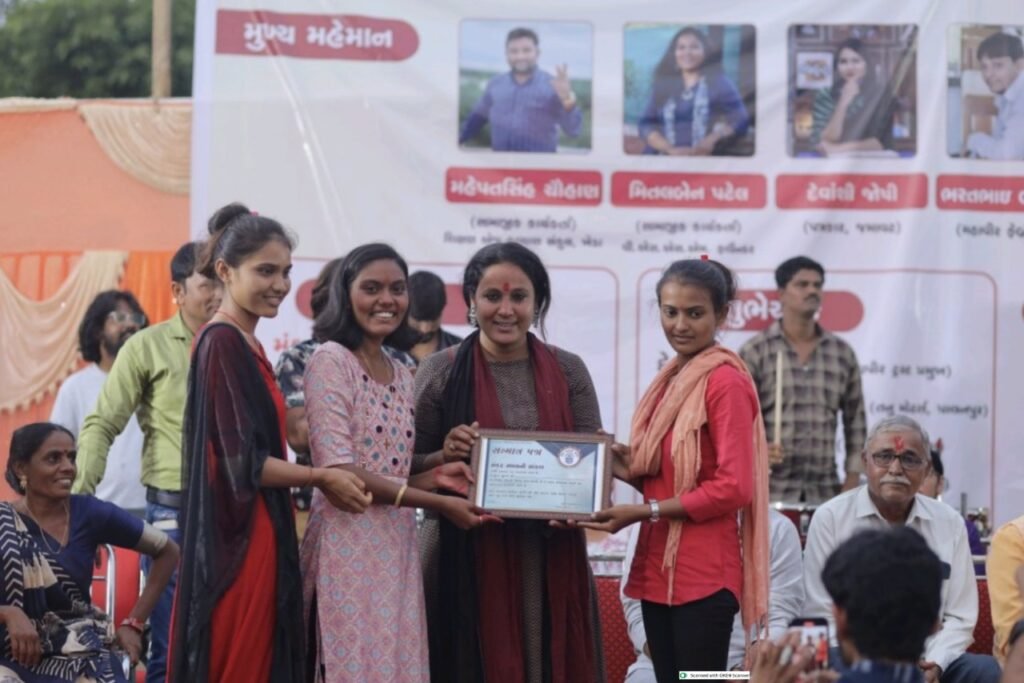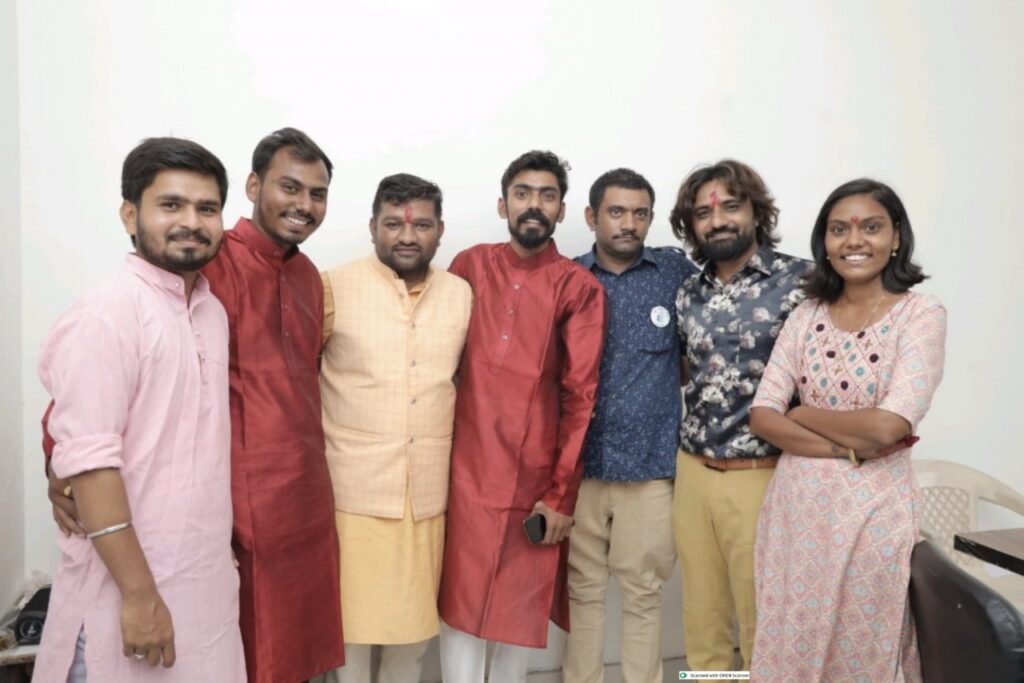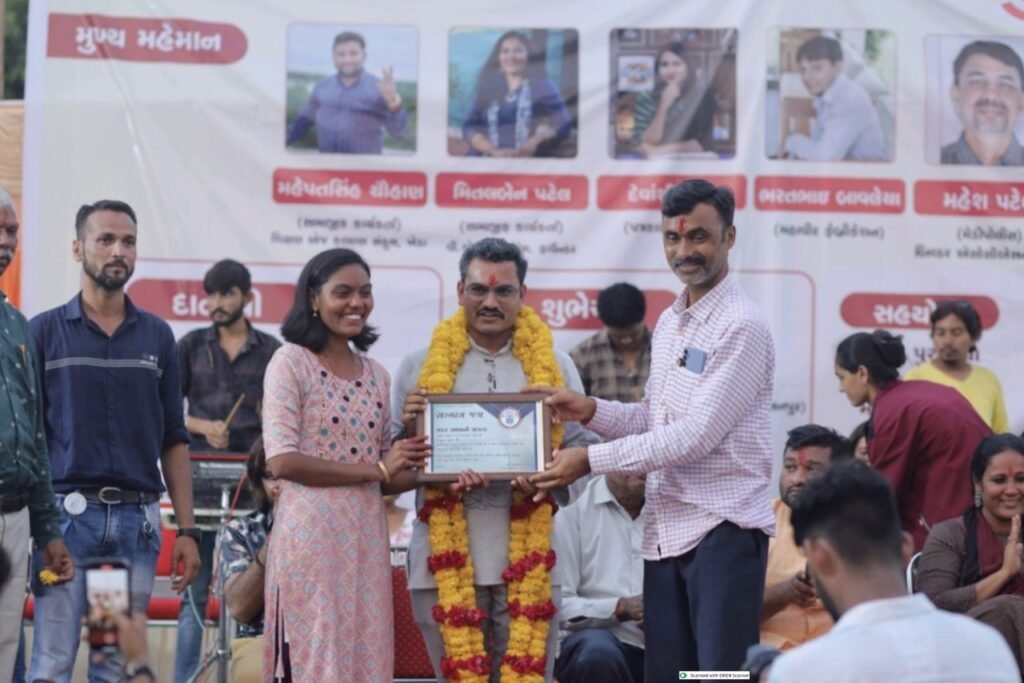Eduction



Education
Fostering inclusive education and lifelong learning to break the cycle of poverty.
For centuries, nomadic communities have thrived through their unique dexterous skills and traditional wisdom. The knowledge and expertise required for their time-honored occupations were not acquired in formal educational settings; instead, they were passed down through generations, fostering a rich heritage of craftsmanship and adaptability.
As a result of their traditional way of life, nomadic communities often felt no urgency to enroll their future generations in the mainstream education system. From a young age, children participated in family occupations,
learning through hands-on experience rather than formal reading and writing. However, with the decline of these traditional professions, the necessity for formal education has become increasingly apparent. The lack of educational opportunities has left individuals from these communities with few job prospects, while logistical challenges—such as the absence of identity documents and frequent relocation—have made it difficult to send children to school. Moreover, when families do settle, their children often face discrimination within educational institutions.
Recognizing that education is the most powerful tool to empower these children and help them break the cycle of poverty, we have launched the Unnati Girls’ Hostel and Shri Gambhirchand Oomedchand Shah Boys’ Hostel—two facilities designed for the children of nomadic families. We are also planning to establish a residential facility in the Kakar settlement for the Vadi community, which will accommodate up to 180 children. Through these initiatives, we aim to provide the necessary support and education to help these children build a brighter future.
Recognitions
Achievements






Our initial strategies focused on operating bridge schools, tent schools, and enrolling children in various hostels and gurukuls. While these programs made strides, they faced challenges due to administrative issues and varying community engagement. The ideal scenario is for children to enroll in village schools, supported by parents who prioritize education over immediate earnings. We envision that the hostels run by VSSM will serve as a model for what these children can achieve when given equal opportunities.
Given the vast number of children in nomadic communities, it’s impractical for us to reach them all directly. Therefore, we emphasize ensuring their inclusion in mainstream schools, making it mandatory for parents to send their children to school, and raising awareness among administrators, society, and teachers about the unique needs of these children.
The Unnati Hostel for girls operates from a building located behind the VSSM office in Ahmedabad, while the Shri Gambhirchand Oomedchand Shah Boys Hostel is situated in the Naroda suburb of Ahmedabad. Currently, both hostels accommodate children enrolled in some of the leading private schools in the city, with a total of 150 residents at full capacity.

